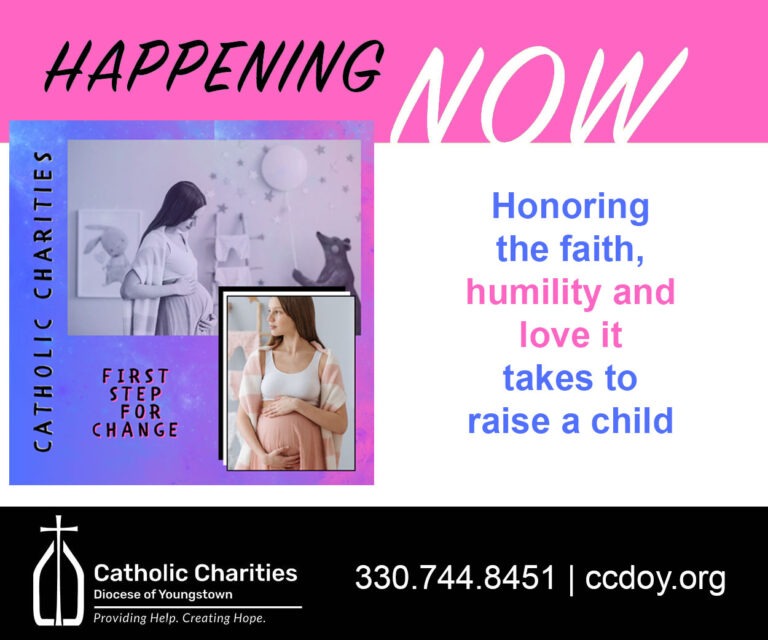
Thirty years ago, Mother Teresa of Calcutta told a seminarian from the United States who aspired to work with lepers overseas that, “There is a poverty in your country that is just as severe as our poorest of the poor. … In the West there is a loneliness, which I call the leprosy of the West.”
In May of 2023, what Mother Teresa observed long ago was described by U.S. Surgeon General Vivek Hallegere Murthy as “our epidemic of loneliness and isolation” which he considers to be “an underappreciated public health crisis that has harmed individual and societal health.”
According to Murthy, “approximately half of U.S. adults reported experiencing measurable levels of loneliness.” He observes that loneliness increases the risk for individuals to develop mental health challenges such as depression and increases the risk of premature death to levels comparable to smoking up to 15 cigarettes a day.
When reflecting on this epidemic of loneliness, one cannot help but think of another reality facing our society today: the downward trend in the number of people getting married. According to the Pew Research Center, in the United States, the number of of adults ages 25 to 54 who are currently married fell from 67 percent in 1990 to 53 percent in 2019, while the number of adults who have never been married has grown from 17 percent to 33 percent.
Could the declining numbers of married adults be contributing to the epidemic of loneliness? It certainly seems to be more than a coincidence. At least, professor of sociology and author Brad Wilcox thinks so.
Wilcox’s book, Get Married, describes marriage as a “keystone institution” that has been devalued and demeaned in our society during the last 50 years. He quotes a recent poll that found that “only 32 percent of young adults ages 18 through 40 think that marriage is essential to living a fulfilling life, compared to 64 percent who think education and 75 percent who think making a good living is crucial to fulfillment.” And these young adults did not necessarily come up with these attitudes towards marriage on their own. Wilcox said, “a recent Pew poll found that 88 percent of parents believe that it is important for their kids to be financially independent … and have ‘careers they enjoy’” but “only 21 percent said it is important that their kids get married.”
Wilcox believes that young adults are mistaken to prioritize work and money over marriage. In analyzing data from the General Social Survey, he finds that, “When it comes to predicting overall happiness, a good marriage is far more important than how much education you get, how much money you make, how often you have sex, and … even how satisfied you are with work.” In another study he finds that “older people who had good marriages back in their 50s also had the best physical and emotional outcomes in their 70s and 80s—being the most protected against problems like memory loss, chronic disease and mental illness.”
Overall, Wilcox’s analysis of the data tells him that “living for ourselves or our jobs (our own happiness and success) is not very likely to bring us to a destination filled with meaning and happiness … But giving ourselves to others—especially spouses and families—is the path most likely to lead to a meaningful and generally happy life for most of us.”
Whether Wilcox realizes it or not, his observations resonate with words given to us by the Catholic Church’s Second Vatican Council: “Man can fully discover his true self only in a sincere giving of himself” (Gaudium et Spes 24). May God help us to better discover our true selves by sincerely giving ourselves to our spouses and families in the keystone institution of marriage.










